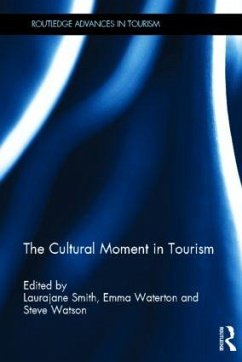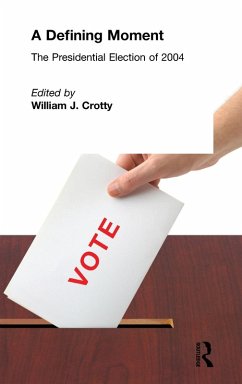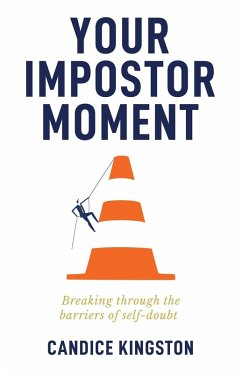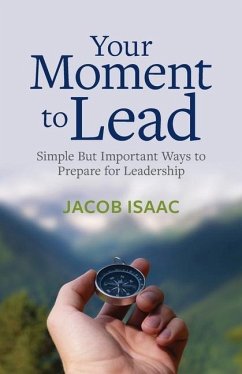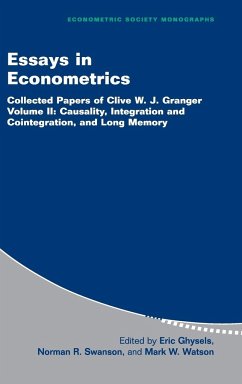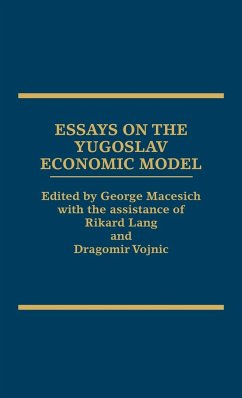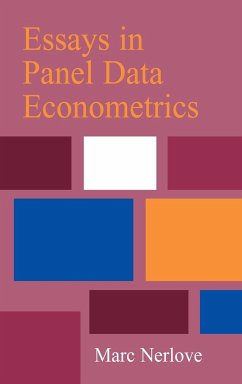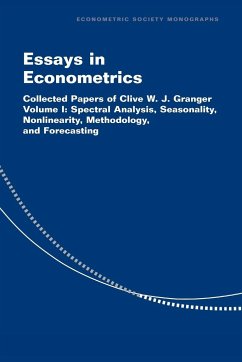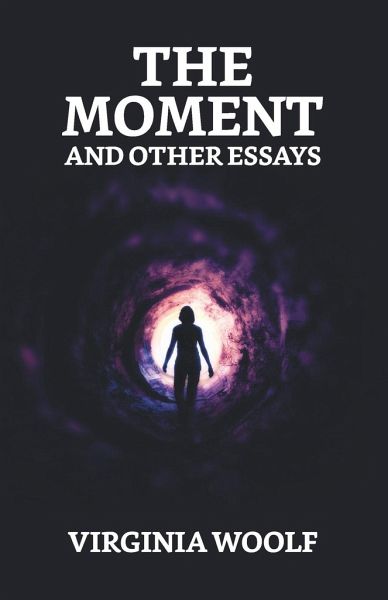
The Moment And Other Essays
Versandkostenfrei!
Versandfertig in 1-2 Wochen
16,99 €
inkl. MwSt.
Weitere Ausgaben:

PAYBACK Punkte
8 °P sammeln!
Some of the essays are now published for the first time; others have appeared in The Times Literary Supplement, The Nation, the New Statesman and Nation, Time and Tide, the New York Saturday Review, New Writing. I have included two essays with the same title, Royalty; the first was commissioned, but, for obvious reasons, not published by Picture Post; the second was published in Time and Tide. A selection of twenty-nine essays. "Woolf's essays...are lighter and easier than her fiction, and they exude information and pleasure.... Everything she writes about novelists, like everything she writes...
Some of the essays are now published for the first time; others have appeared in The Times Literary Supplement, The Nation, the New Statesman and Nation, Time and Tide, the New York Saturday Review, New Writing. I have included two essays with the same title, Royalty; the first was commissioned, but, for obvious reasons, not published by Picture Post; the second was published in Time and Tide. A selection of twenty-nine essays. "Woolf's essays...are lighter and easier than her fiction, and they exude information and pleasure.... Everything she writes about novelists, like everything she writes about women, is fascinating.... Her well-stocked, academic, masculine mind is the ideal flint for the steel of her uncanny intuitions to strike on" (Cyril Connolly, New Yorker). Editorial Note by Leonard Woolf.





